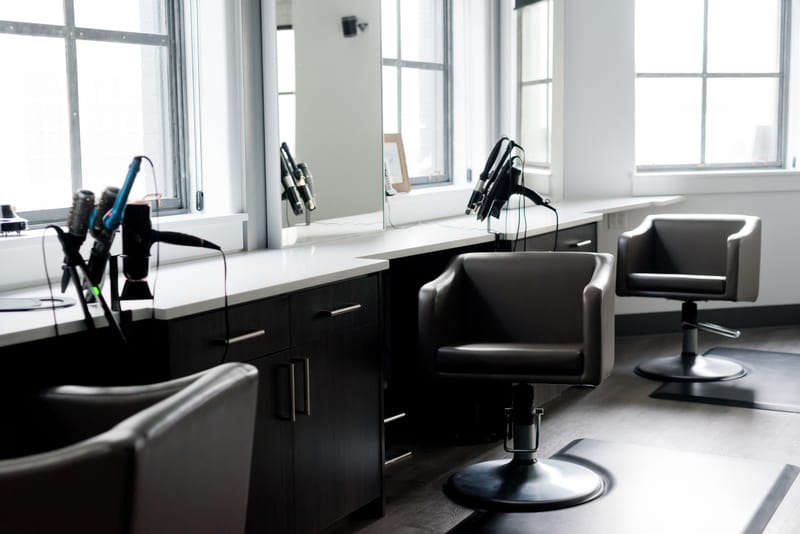Commercial Contract Cleaning Services

Dirty and unsanitary restrooms trigger profound emotional pain points that extend far beyond physical discomfort.
Psychological Impact:
Feelings of Disrespect: 70% of people feel that poorly maintained restrooms show the institution doesn't care about them.
Lowered Self-Esteem:
Unclean facilities make people feel undervalued and disregarded.
Anxiety and Stress:
Concerns about hygiene and potential health risks create significant emotional tension.
Emotional Consequences
Negative Perception:
Dirty restrooms dramatically lower the overall opinion of an organization or institution.
Loss of Trust:
People question management's competence and commitment to their well-being.
Social Isolation:
Poor hygiene can lead to feelings of embarrassment and potential social withdrawal.
Health-Related Emotional Distress
Fear of Illness:
Worrying about contracting diseases from unsanitary conditions.
Vulnerability:
Feeling powerless in environments with poor maintenance
Emotional Discomfort:
Constant awareness of potential health risks creates ongoing psychological strain.
These emotional pain points demonstrate that restroom cleanliness is about more than just physical hygiene—it's deeply connected to psychological well-being and perceived respect.



